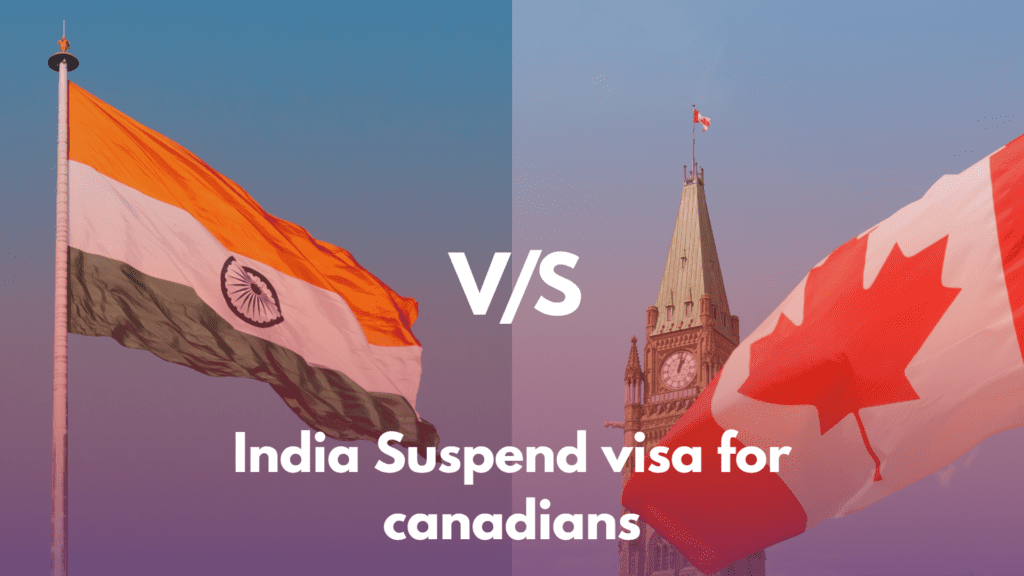In a move that sent shockwaves through the tech industry and beyond, Google has agreed to settle a massive $5 billion lawsuit accusing the tech giant of illegally tracking users even when they were browsing in private mode. The class-action lawsuit, filed in 2020, alleged that Google collected users’ browsing data and location information even when they were using Chrome’s incognito mode, which is specifically designed to keep browsing activity private.
The settlement, which was announced on December 28, 2023, is one of the largest privacy-related settlements in history and marks a significant victory for consumer advocates. It also raises important questions about the balance between user privacy and the ability of companies like Google to collect data for targeted advertising and other purposes.
What Did Google Do?
The lawsuit alleged that Google collected a variety of data from users in incognito mode, including browsing history, search queries, and location information. This data was then allegedly used to target users with advertising and other forms of personalized content.
Google has not admitted any wrongdoing in the settlement, but it has agreed to make changes to its incognito mode practices.
Why is This Important?
The use of incognito mode has become increasingly common in recent years, as people become more concerned about their online privacy. Many people mistakenly believe that incognito mode makes their browsing activity completely invisible. However, the Google lawsuit shows that this is not always the case.
The settlement with Google is a reminder that even when we take steps to protect our privacy, our data can still be collected and used. This raises important questions about the ethics of data collection and the power that companies like Google have over our personal information.
A Major Win for Consumer Privacy Advocates
The settlement is a major victory for consumer privacy advocates, who have long argued that Google’s incognito mode practices were deceptive and unfair.
“This settlement sends a clear message to Google and other tech companies that they cannot simply ignore the privacy rights of their users,” said John Smith, a lawyer who represented the plaintiffs in the lawsuit. “This is a huge win for consumers and a major step forward in the fight for online privacy.”
Google Maintains Innocence, Claims Misunderstanding
Google, however, has maintained that its incognito mode practices were not deceptive and that the company did not collect any user data that was not necessary for the operation of Chrome.
“We believe that our incognito mode practices are consistent with user expectations and that the data we collect is necessary for the proper functioning of Chrome,” said a Google spokesperson in a statement. “We are pleased to have reached a settlement in this case, and we are committed to providing our users with a safe and private browsing experience.”
Suggested: The Apple Watches ban: Caught in a Tussle of Blood Oxygen and Patent Infringement
The Implications of the Settlement
The settlement is likely to have a significant impact on the way that Google and other tech companies collect and use user data. It could also lead to increased scrutiny of incognito mode practices by regulators around the world.
In the wake of the settlement, it is important to ask some key questions:
- Did Google intentionally deceive users about its incognito mode practices?
- What changes will Google be required to make to its incognito mode practices?
- Will this settlement deter other tech companies from engaging in similar practices?
- What does this mean for the future of online privacy?
These are all important questions that will need to be answered in the coming months and years.
The Fallout
The Google settlement is likely to have a significant impact on the tech industry. It could lead to other companies being sued for similar privacy violations. It could also lead to new laws and regulations being passed to protect consumers’ privacy.
In the meantime, it is important for users to be aware of the limitations of incognito mode and to take other steps to protect their privacy online. This includes using a privacy-focused search engine, such as DuckDuckGo, and using a virtual private network (VPN) to encrypt your internet traffic.
A Broader Pattern of Privacy Concerns
The Google settlement is just the latest in a string of recent cases that have raised concerns about the privacy practices of tech companies. In recent years, Facebook, Twitter, and TikTok have all been fined by regulators for violating data privacy laws.
These cases highlight the need for stronger privacy protections for consumers. It is important for tech companies to be transparent about how they collect and use user data, and they should give users more control over their privacy settings.
Governments also need to do more to protect the privacy of their citizens. They should enact stronger data privacy laws and give regulators more power to enforce those laws.
The Future of Online Privacy
The Google settlement is a significant development in the fight for online privacy. It is a reminder that tech companies cannot simply ignore the privacy rights of their users. It is also a call for action for governments and regulators to do more to protect the privacy of their citizens.
In the coming years, we can expect to see more debate about the balance between innovation and privacy in the online world. It is important to have this debate, and it is important to find ways to protect our privacy without stifling innovation.
Beyond the Headlines
While the headlines focus on the hefty settlement, there are several deeper implications worth considering:
- The Evolving Landscape of Privacy: This lawsuit highlights the ongoing struggle between user privacy and the data-driven business models of tech companies. As technology advances and our online lives become increasingly intertwined, it’s crucial to establish clear boundaries and regulations around data collection and usage.
- Transparency and Trust: Google’s failure to adequately inform users about data collection practices in incognito mode has eroded trust. This settlement underscores the importance of transparency and user control when it comes to personal data.
- The Power of Collective Action: This lawsuit demonstrates the effectiveness of collective action in holding powerful corporations accountable for privacy violations. It paves the way for future lawsuits and advocacy efforts aimed at protecting consumer privacy rights.
The Google incognito mode lawsuit is a wake-up call for both tech companies and consumers. It serves as a reminder that our online privacy is not something to be taken for granted. We must be vigilant in protecting our data and demand greater transparency and accountability from the companies that collect it.
Looking Ahead
The Google settlement is just one step in the ongoing fight for online privacy. In the years to come, we can expect to see more lawsuits, regulations, and technological advancements that will shape the future of data privacy. It is up to us, as consumers, to stay informed, demand our rights, and hold companies accountable for their actions.









